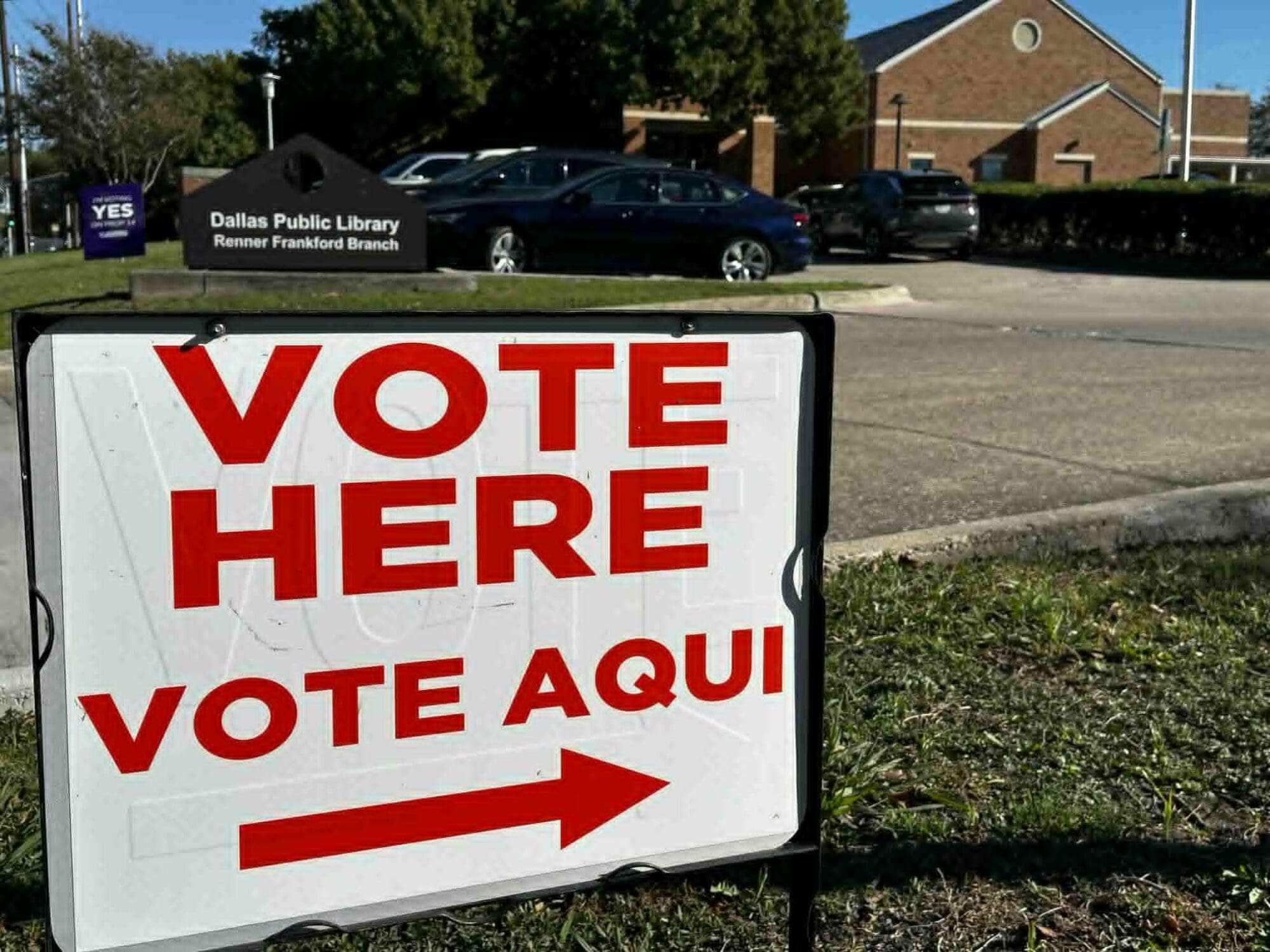Lawmakers and local officials often claim Texas has outrageously high property taxes because taxpayers don’t pay a personal income tax. Nothing could be farther from the truth.
On average, “no-income tax” states impose roughly identical property tax bills on homeowners when compared to the average among states with a personal income tax. And these figures are adjusted for median home values.
Perhaps it’s because income and property taxes pay for very different things—the first primarily funds state government services, while the second exclusively funds local government services.
Regardless of the cause, it’s safe to say it’s not an apples-to-apples comparison.
So how does Texas’ property taxes stack up against the other eight “no-income tax” states? Texas ties New Hampshire for having the highest property taxes on homeowners, and by a huge margin.
In fact, households in both Texas and New Hampshire pay, on average, sixty percent higher property tax bills than those in the seven other “no-income tax” states. That means for every $1 of property taxes paid to local governments elsewhere, households in Texas and New Hampshire pay $1.60, or more.
When you compare property tax burdens between Texas and the “no-income tax” states lowest on the list, the gap widens dramatically. Texas households pay 83% higher property taxes than those in Washington, 102% higher than Nevada, 213% higher than Wyoming, and over 230% higher than taxpayers in Tennessee.
Just for fun, let’s revisit the false argument made by lawmakers who claim Texas’ considerably high property taxes are largely the result of it levying no income tax.
Homeowner’s in New Hampshire and Texas pay the 3rd and 4th highest property tax bills when compared to all states, and also the highest when compared to states with no personal income tax. So no matter which groups of states you compare them with, they have the highest property tax burdens—period.
But unlike Texas, which levies sales taxes at both the state and local level – on top of our oppressive business income or “gross margins” tax – New Hampshire does not levy a sales tax. Not at the state or local level. Zero.
Aside from property taxes, only investment income on capital gains, interest, and dividends is taxed. It’s the reason New Hampshire is often called the “low-tax” state, despite having the 3rd highest property taxes. And even Democrats there are calling for lower property taxes.
It begs the question: what is the rationale for Texas leading the nation in property taxes, when it’s closest property-tax gouging peer gets by with so few taxes? The data all but proves there isn’t one.




